|
Leigh Brackett, The Long Tomorrow, SF Masterworks, 2014. Audio version available on Audible. Originally published by Doubleday in 1955. The Long Tomorrow had been sitting on my to-be-read piles for ages. One of the few recognised female writers during the so-called "Golden Age" of science-fiction, Brackett intrigued me. This novel proved to be interesting to read some 70 years later and also, sometimes, irritating. Second in my series of reviews of novels published before 1978. Len and Esau are cousins, both teenagers, living in one of the numerous New Mennomites communities scattered across the United States. After a nuclear war that devastated all the cities of the nation, people now shun technology and only live in small communities such as their own. But, like most teenagers are, they are curious, they are interested in what is forbidden, and above all, they want to go to Bartorstown, a legendary city said to be harbouring people who still use technology. A post-apocalyptic novel, The Long Tomorrow, presents the usual tropes of the genre: mob rules, the rise of religious sects and a non technological world. All of these are very effectively described and used. As a reader from the 2010s, it feels like fear is the main theme in the novel, whether it is the fear that your neighbour will say that you're from Bartorstown and that you will be lynched without a proof, or the fear of technology in a population raised on the horrific tales of cities destroyed. Brackett plays with those fears, both internalised and externalised, in a remarkable way, showing how pervasive they can be, how they become articles of faith, to the point that the population's only hope in the future is that there will be no progress, that the future will remain like the present. In a sense, despite the very 1950s fear of a nuclear holocaust, this fear of progress still feels very relevant. Len and Esau are two very interesting main characters. I'm far from being fond of teenage characters and these two start as your run-of-the-mill teenagers: rebellious, wet behind the ears, full of arrogance and certainties. But what is interesting is that Brackett doesn't make them endearing at any moment. Their adolescent quest for Bartorstown, the fabled city they imagine like a technological heaven, will reveal some hard truths about them as they grow up. It is a very bold choice and it is in keeping with the main theme of fear. But the truth is that The Long Tomorrow is very much a novel of its time. The nuclear war, devastating the USA, started by unknown but foreign enemies, feels a bit quaint 70 years later in a world that can now pick so many other causes for apocalypse (yay... Or not.). But it's also very much a novel of its time in its lack of diversity. There's a lot of internalised misogyny that may feel grating to a contemporary reader, despite the fact that Brackett was a woman herself (1). All female characters are background or secondary characters, they either aid or hinder the main characters, they are defined by stereotypical attributes, and above all, they have little or no agency themselves. There is also an almost complete absence of persons of colour. A character can be supposed to be Latinx from his name; another one is described by his "dark skin" which is an ambiguous description in the very white context of the novel. To say nothing of the complete absence of Native Americans... QUILTBAG persons? Nothing to see either, move along now. What is interesting though is that a woman with at least a little agency, the probably Latinx, and the probably Black characters all come from Bartorstown, as if the only remaining place that looks forward to the future is also the only place in which the diverse reality of the USA can exist. Despite all of this, The Long Tomorrow remains contemporary. It paints the picture of a culture that became inward looking, that shuns the world out of fear, that shuns progress and knowledge out of fear and religious or superstititous beliefs. And sadly, it is a picture some countries could currently find to be an acurate picture of themselves. But Brackett offers a message of hope, that we can overcome ingrained superstitions, that technology isn't only destroying, that knowledge may be in the far future but that, by persevering, it may be attained. The Long Tomorrow isn't only the population's desire for a future that will stretch the present eternally, but it is also the far future some characters glimpse and work towards even if it may take decades. By many aspects, The Long Tomorrow feels like reading a classic and going back to a time and place far from ours. But you would miss in that case that, beyond the characters, there's something very contemporary in the picture it paints. ___ (1) So many things could be said about that. I would be particularly interested in knowing how much Brackett self censored herself - or if she did at all - considering the publishing world at the time. If you've liked The Long Tomorrow, you may also like
0 Comments
Your comment will be posted after it is approved.
Leave a Reply. |
All reviews are spoiler free unless explicitly stated otherwise.
I only review stories I have liked even if my opinion may be nuanced. It doesn't apply for the "Novels published before 1978" series of blog posts. Comments are closed, having neither time nor the inclination to moderate them. |
WHAT IS THE MIDDLE SHELF?
The middle shelf is a science-fiction and fantasy books reviewS blog, bringing you diverse and great stories .
PLEASE SUPPORT AUTHORS.
IF YOU LIKE IT, BUY IT. |
ON THE MIDDLE SHELF
|
KEEP IN TOUCH WITH THE MIDDLE SHELF
|
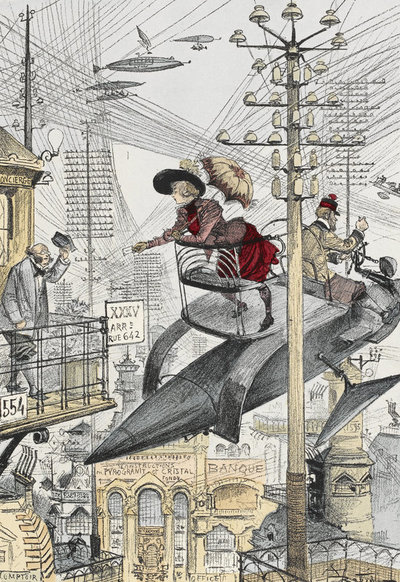
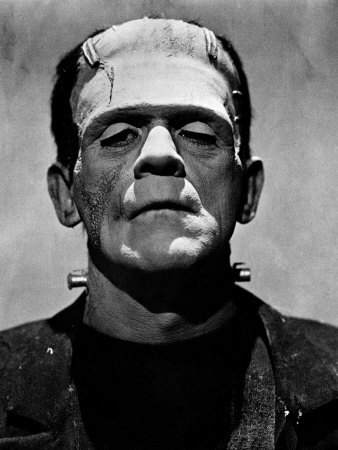

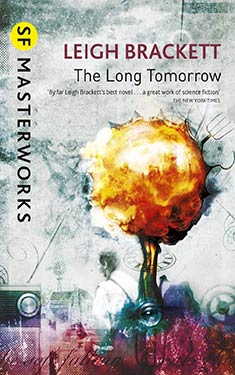
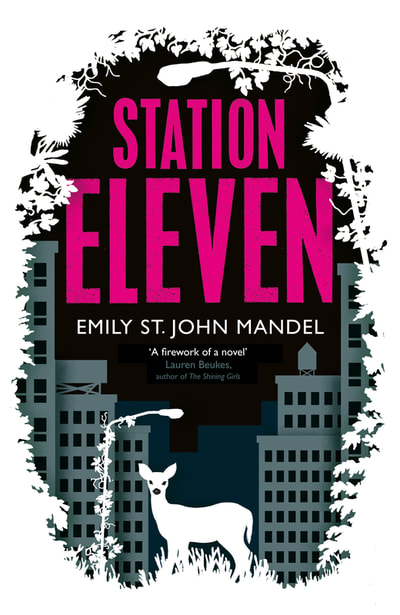
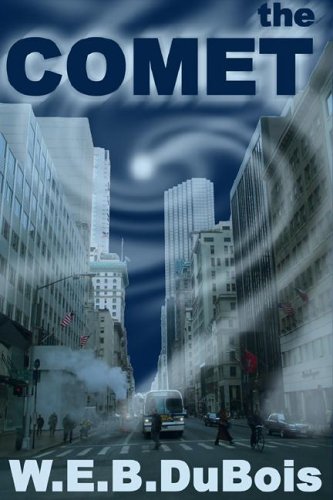
 RSS Feed
RSS Feed
